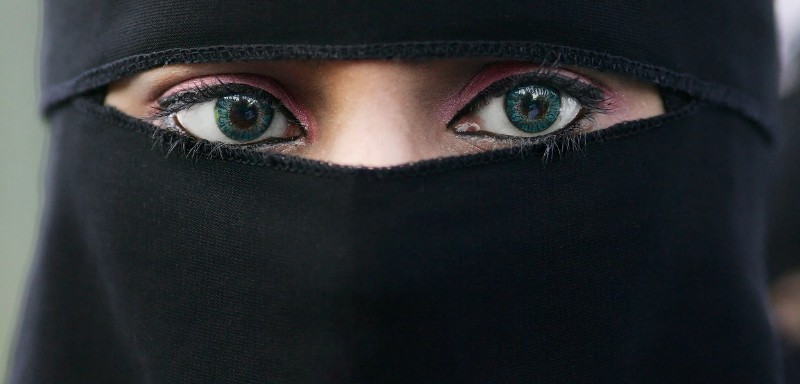In a world where the definition of beauty consists of the same impossible and unreachable goal that is constantly the culprit of so many insecurities, religion comes with a refreshing and contrasting take on this concept of beauty.
Beauty has always been a significant aspect of human culture and history, and religions have played a crucial role in defining beauty standards. Every religion has its unique concept of beauty, and each holds different beliefs and practices surrounding physical and spiritual beauty. However, in modern times, beauty standards have shifted, and there has been a stark contrast between traditional beauty concepts and modern ones.
In Christianity, beauty is associated with inner purity and holiness. It is believed that a person’s outer beauty should reflect their inner spiritual beauty. The Bible teaches that God created humanity in his image. This is why, in Christianity, modesty is considered an essential aspect of beauty.
A specific branch of Christianity takes it to a whole new level. Growing up Pentecostal provided me with an otherworldly perspective on women’s beauty. Consisting of noncut, long hair, dresses and skirts longer than your knees, a lack of jewelry save for the occasional wedding ring and watch, and more. This conservative way of living is considered not only well-perceived by God but also the standard for women. The longer your hair, the stronger your commitment, accompanied by a more attractive nature.
Similarly, in Islam, beauty is considered a reflection of God’s magnificence and perfection. The Quran encourages Muslims to take care of their physical appearance, maintain cleanliness and hygiene, and dress modestly. The Islamic concept of beauty emphasizes inner beauty, such as compassion, kindness, and generosity. In Islamic tradition, women are encouraged to cover their bodies modestly and wear a hijab to show respect for themselves and their faith.
The role of modesty in Muslim beauty also plays a big part in a women’s attractive aura. Many Muslim women cover their hair and dress modestly, but this doesn’t mean they neglect their appearance. In fact, modesty is often seen as a way of expressing one’s beauty in a more subtle and refined manner. In a society where the more you show means, the more you give to the world to place on a beauty scale, the idea that the less is better is an overwhelming juxtaposition.
Many Muslim women perform wudu, a cleansing ritual before prayer that involves washing one’s face, hands, and feet. This ritual is not only a religious practice but also a way of refreshing and revitalizing the skin. In comparison to the millions of dollars, society spends on beauty products.
One of the unique aspects of Muslim beauty is the emphasis on natural ingredients and DIY beauty treatments. Many Muslim women rely on age-old remedies, such as honey, black seed oil, and henna, to keep their skin and hair healthy and glowing. These ingredients have been used for centuries in Muslim cultures and are known for their nourishing and healing properties.
In Hinduism, beauty is associated with divinity and purity. The Hindu goddesses are often depicted as beautiful, and their physical beauty is considered a reflection of their inner divine qualities. Hinduism also emphasizes the importance of inner beauty and purity of the soul. The Hindu concept of beauty is closely linked to the practice of yoga, which focuses on physical and spiritual purification.
In Buddhism, beauty is considered a form of mindfulness and awareness. Buddhists believe that true beauty comes from inner peace and a clear mind. The practice of meditation is seen as a way to cultivate inner beauty and develop a peaceful and calm demeanor. Buddhism emphasizes the importance of non-attachment to material possessions and the impermanence of physical beauty.
In modern times, however, beauty standards have shifted towards a more superficial and materialistic perspective. The media and the fashion industry promote a narrow definition of beauty that is often unattainable and unrealistic. This has led to an obsession with physical appearance and a disregard for inner beauty and spiritual values.
The beauty industry has also capitalized on this trend, promoting products and services that promise to enhance physical beauty, often at the cost of health and well-being. This has resulted in a culture of body shaming, where people are judged based on their physical appearance, leading to low self-esteem, anxiety, and depression.



